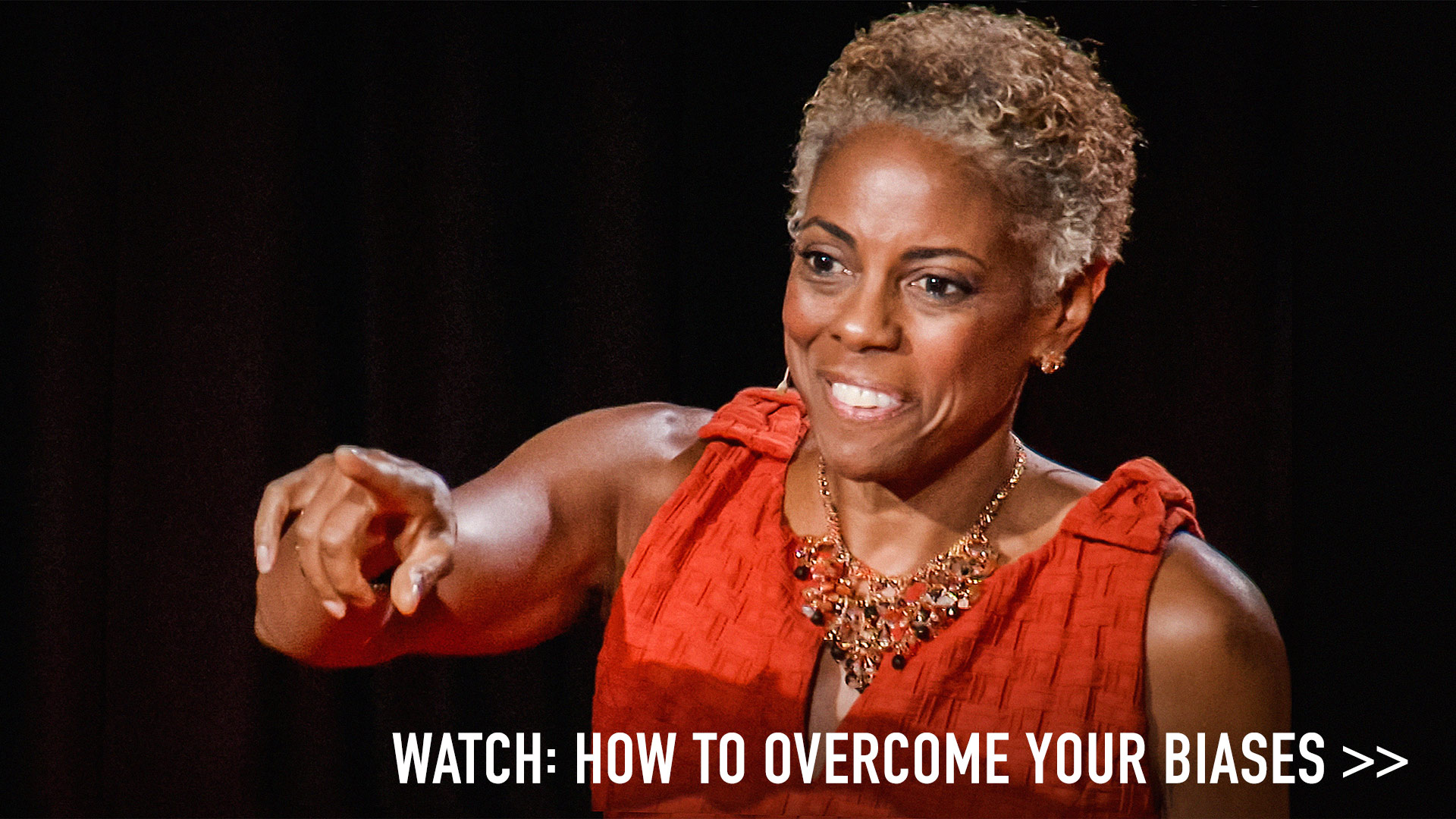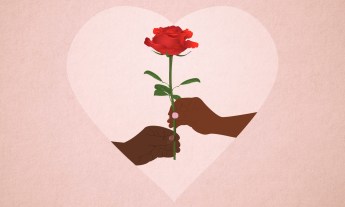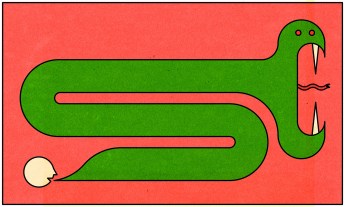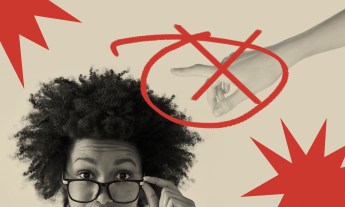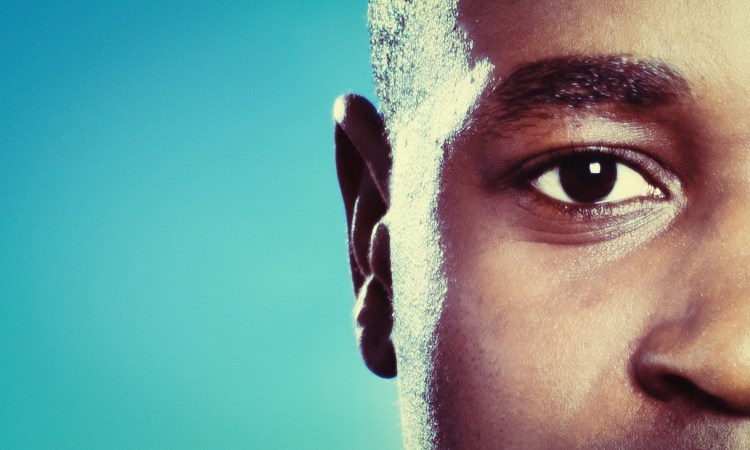
Beyond policy reform, what can ordinary people do to combat systemic racism? Diversity advocate Vernā Myers thinks it starts with confronting our own acknowledged and subconscious prejudices.
In your work, you encourage people to talk to young black men, to get out of one’s comfort zone. Who are you speaking to in particular? Who is your audience?
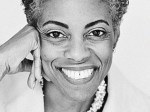 Everyone. This is something that every human being has to deal with. It’s not like, “White people have to deal with this and black people don’t.” All of us have a comfort zone. My observation is: In the hopes of being respectful and sensitive, people create distance between themselves and people they don’t know well. The only remedy for that is to actually get to know people. So look for opportunities to extend the connection that you do have with people of difference. Get a little bit closer and go deeper. Listen longer in a conversation, be more curious about what people’s views are, share your own life with them. Instead of just, “Hi,” and keeping it neat, really lean into the conversation and be curious about what you don’t know. And be okay about sharing your own worldview.
Everyone. This is something that every human being has to deal with. It’s not like, “White people have to deal with this and black people don’t.” All of us have a comfort zone. My observation is: In the hopes of being respectful and sensitive, people create distance between themselves and people they don’t know well. The only remedy for that is to actually get to know people. So look for opportunities to extend the connection that you do have with people of difference. Get a little bit closer and go deeper. Listen longer in a conversation, be more curious about what people’s views are, share your own life with them. Instead of just, “Hi,” and keeping it neat, really lean into the conversation and be curious about what you don’t know. And be okay about sharing your own worldview.
That makes sense in an office or school situation, but you also suggest in your work that we practice this in the street. Couldn’t that be dangerous?
Don’t get crazy. Don’t go anywhere that could be stressful or where you could be afraid. But there are a million safe opportunities every day to engage with black men. In the elevator, for example. If you find these small opportunities, then you start to find a level of comfort, and then your zone of comfort increases, so the thing you perceive as dangerous is actually not.
How does class factor in here? If I were to talk to ten black people that I see every day, it would probably be publicists who work in my building and people who work at TED. That might not expose me to a wider range of people and may actually reinforce other biases about class.
Class is so important. Certainly when class is the same or when educational level is the same or you’re in an environment where people have been vetted, so to speak, it may be easier; however, I have spent thousands of hours talking to white executives in major corporations and thousands of hours talking to the people of color in their organizations, and the latter still see this issue. They’re all in the same socioeconomic strata, but the people of color still perceive and experience the type of bias that people on the street who don’t know each other experience. So class can trump race, but often it doesn’t.
I was once at a beautiful event where I was being given an award. I was with my boyfriend, who’s a decorated soldier. He decided, instead of wearing black tie, to wear his blues. He had a chest full of medals, and at this lovely event he was lauded. People loved him. He went downstairs to get the car out of valet, and a middle-aged white woman turned to him and said, “Boy, what’s taking so long to get the cars out?” Somehow she was completely unaware that he had on a military uniform with brass all across his chest. Somehow, he became her servant.
In some cases, yes, a person may have the same cultural upbringing as you even though they’re of a different race, but many people don’t. Many people have masked their difference in order to assimilate and make people comfortable. Say you have befriended a black family. They come over to your house, and they tell you their black son just got stopped. This is a boy you care about. It feels distant when you read the newspaper; here you start to see things that you couldn’t see because you have that relationship. Because you’re peers, you begin to make their reality your own. And that’s actually more powerful because you’re on the same socioeconomic level.
Is your message about racism toward black people specifically? What about other groups?
These suggestions can be used to reconnect to the human family all sorts of groups that have been excluded, maligned, ostracized, undervalued. The minute you think, “I don’t do [blank] biased thing with [blank] group,” you can always find some group with whom you do it.
Every way that you can notice your own victimization or the ways you’ve been marginalized, you can access the feelings other people might be having. Everybody has an experience of exclusion. Maybe it’s not around a group identity; maybe it’s just an individual experience, but there’s power in recalling that and extrapolating it.
Let’s talk about introverts. What if you’re equal-opportunity awkward?
[Laughs.] So many of my suggestions come out of my lens as an extrovert. So for introverts: Get curious. Don’t do things out of guilt or shame – that rarely actually shifts things, because you get paternalistic or condescending. Be curious; read; notice, notice, notice. Ask open-ended questions instead of questions that have embedded assumptions about people.
Recently I was at a Whole Foods late at night in an elevator with a really short person. She had on medical scrubs, and she was a black woman. So don’t you know that out of my mouth almost came, “I love nurses!” Seriously. Finally I said, “What’s got you here so late?” And she said, “I just delivered a bunch of babies.” And I was like, “Oh, thank God.” When it comes from your “sister,” it’s probably even worse.
We’re not all going out and shooting people down, but we’re schooled in the same stereotypes. There are so many other forms of violence that are not physical, but are assaults to your sense of self. When people clutch their purses when a CEO walks into an elevator and he just happens to be black: That’s an assault.
Any last thoughts?
Part of my message is: No blame, shame or attack. Most of us know that we aren’t exactly as good on this as we would like to be, and there are good reasons for that that have nothing to do with us being bad. We just didn’t know — nobody taught us. I went to college and discovered that black people wrote books, and I had come up in an all-black family in an all-black neighborhood. I say: Low guilt, but high responsibility. Once you know these biases are wrong, what do you want to do about it?
Featured image via iStock.

